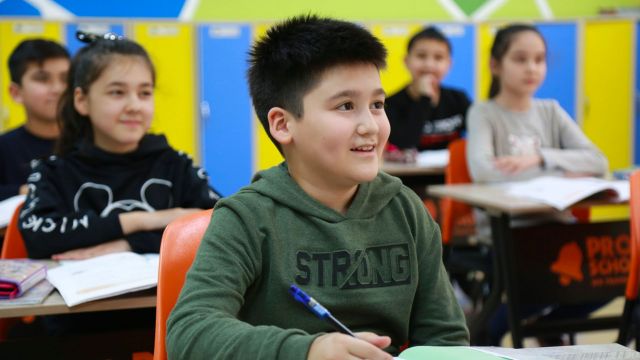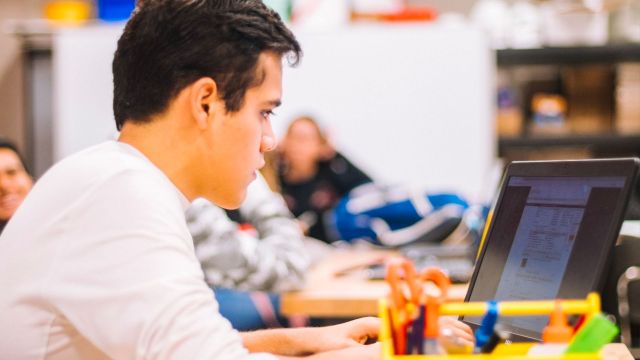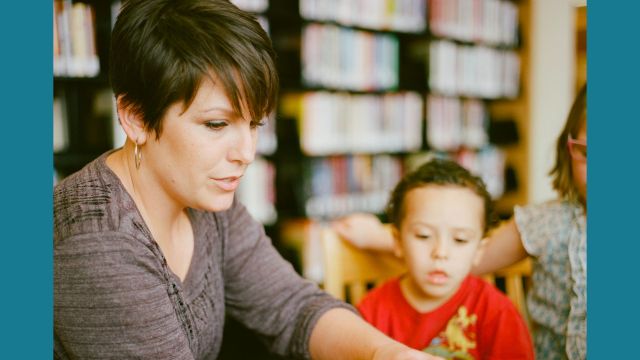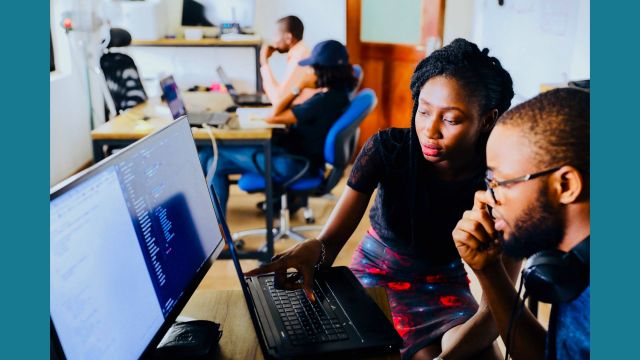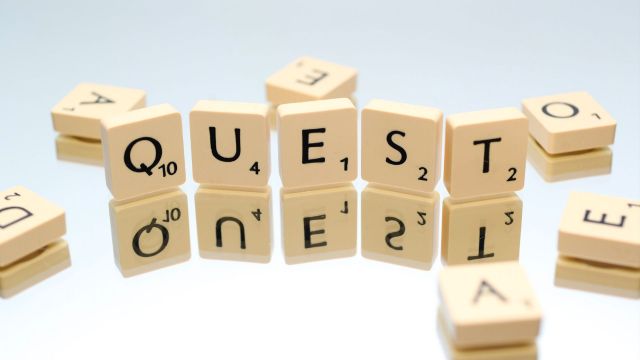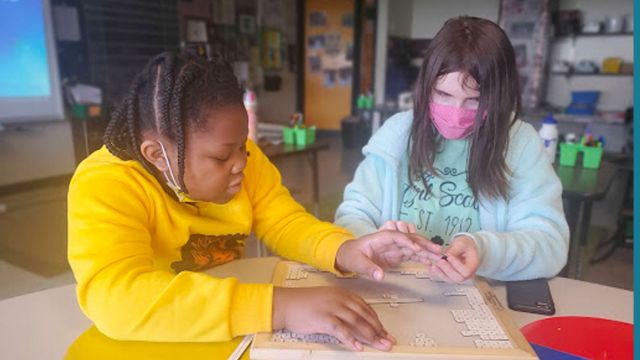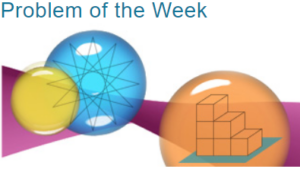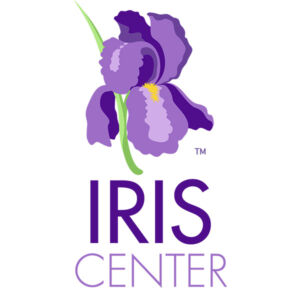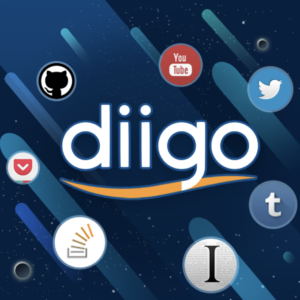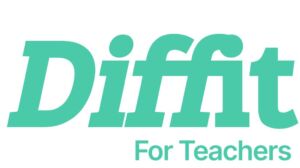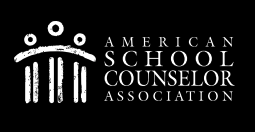
TRANSFORMING LEARNING FROM THE GROUND UP
STEM support and initiatives across the state of Indiana have been a top priority over the last 15 years! Through early partnerships between Lilly, IDOE, & Purdue University’s Indiana Science Initiative (ISI), the I-STEM Resource Network was forged.
Whether you have student roles in a class that last for a semester or for a few minutes, it is important they are well-defined! Roles can be used in every subject and in many different types of projects. Roles also help to foster the 4 C’s in your classroom!
Finding the right tools to do our jobs as educators more effectively can seem an endless pursuit. For those of us who taught English, it may even be reminiscent of the rabbit hole from Alice in Wonderland, or make us appear to our administrators like Don Quixote on a mission.
I love to cook. For me, it is so satisfying to create something for the people I love to be able to enjoy and savor. When I cook, I tend to follow a recipe, so I can get just the right flavors and consistency. In looking at this upcoming school year, I have come to realize I follow a few tried and true recipes for teaching music as well.
School Librarian. School Library Educator. Library Media Specialist. Whatever we are called, we are in a unique position when it comes to collaboration.
It’s Back to School time and we’re thinking about how to set up our physical classrooms and our digital spaces.
I sit here on the 4th of July, thinking about how different this holiday is for me from those prior. I’m a career teacher who retired a year ago, and I’m feeling all the emotions that the 4th brought to me.
Let’s face it, although we should, we don’t recommend teaching careers to our best and brightest. If you are believed to have the aptitude to become a scientist, engineer, or doctor, then that’s what people tell you, and that’s where you try to go.
There have been plenty of times I have reached out to a teacher on the other side of the world hoping for a super cool connection only to have it not work out due to time zone differences.
We all know the teacher (or maybe we are the teacher) who is known for committing to strict deadlines and unwavering due dates. The teacher who is dedicated to teaching students punctuality, responsibility, and accountability at all cost.
Growing up I always wanted to be a teacher. I have the heart to serve others and I knew teaching was my pathway to service. After teaching 16 years in a large, urban school district, I found myself wanting more.
When I taught Kindergarten I got anxiety about students logging in, following directions and being able to help 20 little excited learners at once.



